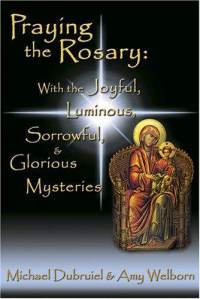The human race has been fighting the battle against pride
since the Fall. Discontent with the lofty position God had given
them, they wanted to be just like God—but independent of
him. This disordered desire continues to be at the heart of human
nature. Only when God’s spirit lives within us to the fullest are
we able to be most fully human. And the only way to be filled
with God’s spirit is to empty ourselves of any false sense of who
we are, or who we think we have to be. This is the way of humility,
what St. Paul calls having “the mind of Christ” (1 Corinthians
2:16).
In the gospels, Jesus warns his disciples against desiring titles
and lofty honors. If we achieve greatness in life, as Cardinal del
Val did, we must guard against becoming attached to the position
or to the glory attached to it. Cardinal del Val gave the following
spiritual advice often to those who came to him for
counsel:
Have a great devotion to the Passion of Our Lord.
With peace and resignation, put up with your daily
troubles and worries. Remember that you are not a disciple
of Christ unless you partake of His sufferings and
are associated with His Passion. The help of the grace
of silence was the only thing that enabled the saints to
carry their extremely heavy crosses. We can show our
love for Him by accepting with joy the cross He sends
our way.
The cross sheds light on the way of humility; it is the path
that Christ took and the surest path for us to receive all the blessings
that Christ wishes to bestow upon us.




